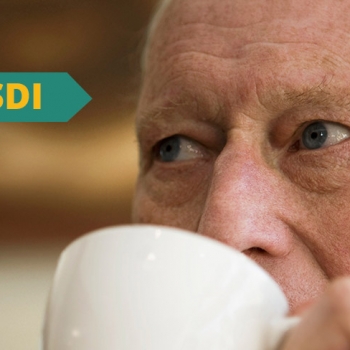Sooner or later many families face the problems of an aging parent’s decline, such as creeping dementia or decreased physical mobility. It’s not pleasant to see that once strong and vibrant parent slowly lose the ability to be independent, and a big impediment to planning and getting a medical diagnosis is both the parents and the adult children being in denial.











